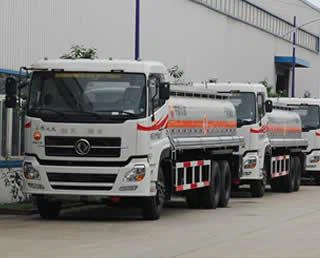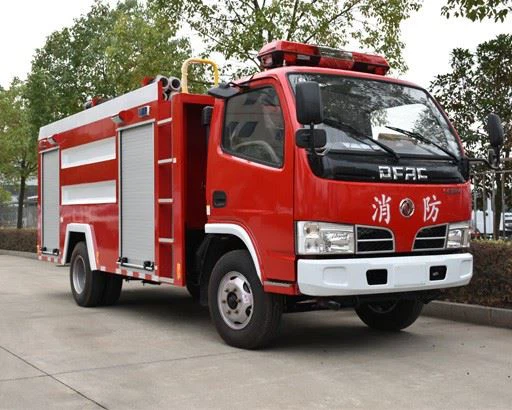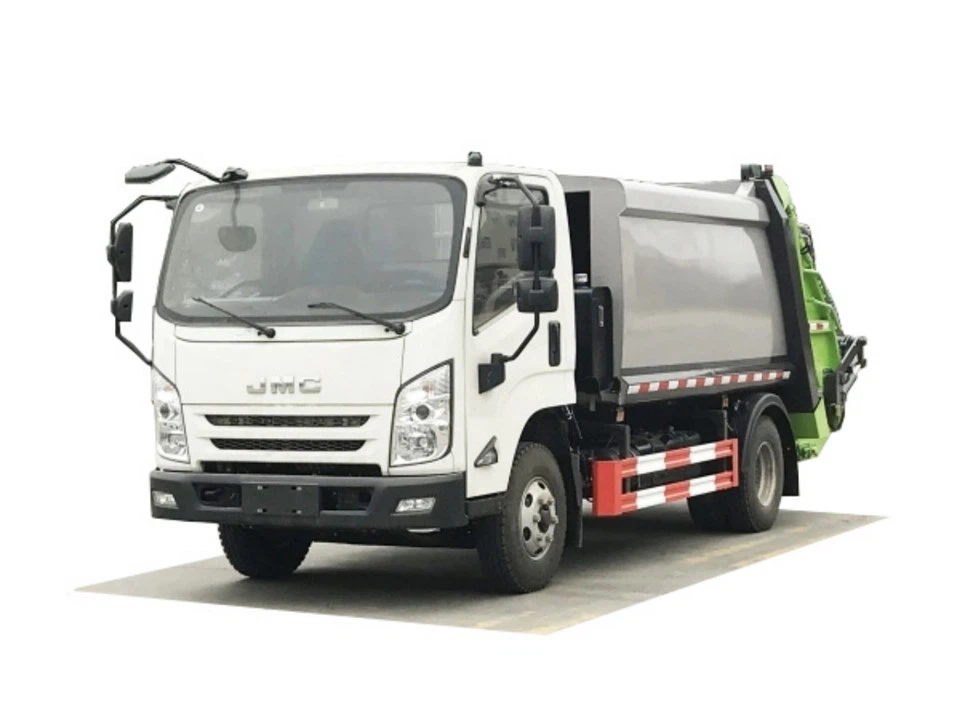Comprehensive Guide to 1 Ton Lorry: Uses, Benefits, and Buying Tips

Introduction
A 1 ton lorry, also known as a 1 tonne truck, is a versatile vehicle popular for both commercial and domestic use. These trucks are designed to carry a payload of up to 1 ton, making them ideal for transporting goods, equipment, and other materials efficiently. In this article, we will delve into the different aspects of 1 ton lorries, including their features, benefits, types, and the best practices for purchasing and using them. Whether you are a business owner looking to expand your fleet or a homeowner needing a reliable transport solution, this guide will provide you with all the essential information you need.
What is a 1 Ton Lorry?
A 1 ton lorry is a small to medium-sized truck specifically designed to handle loads up to 1 tonne (approximately 2200 pounds). These vehicles are often used for local deliveries, transporting goods over short distances, and various construction and landscaping tasks. Their compact size and robust design make them suitable for navigating tight urban spaces while still offering significant cargo capacity.
Key Features
- Payload Capacity: Designed to carry loads up to 1 ton.
- Size: Compact enough for urban environments but spacious for various loads.
- Engine: Typically equipped with powerful yet fuel-efficient engines.
- Versatility: Can be fitted with different body types including flatbeds, box trucks, and more.
Types of 1 Ton Lorries
1. Flatbed Lorry
A flatbed lorry has a flat, open platform without sides or a roof. This design is perfect for transporting large equipment or pallets since it allows for easy loading and unloading from multiple angles.

2. Box Lorry
A box lorry features an enclosed cargo area, providing protection from the elements. This type is ideal for moving sensitive items such as furniture, electronics, and perishables.
3. Dropside Lorry
With side panels that can be lowered, dropside lorries offer the flexibility of a flatbed while providing additional safety for loads. They are often used in construction and landscaping.
4. Tipper Lorry
A tipper lorry features a cargo area that can be tipped to unload contents quickly. This is especially useful for transporting loose materials like gravel, sand, and debris.
Benefits of Using a 1 Ton Lorry
1. Cost-Effective
Compared to larger trucks, 1 ton lorries are generally more affordable in terms of both initial purchase and ongoing operating costs. They offer a great balance between capacity and economy.
2. Fuel Efficiency
Due to their smaller size, 1 ton lorries are typically more fuel-efficient than their larger counterparts. Businesses can save money on fuel while still meeting their transportation needs.
3. Maneuverability
The compact design of 1 ton lorries allows them to navigate busy urban streets and tight spaces, making them a practical choice for city deliveries and projects.
4. Versatile Applications
Whether for landscaping, construction, or deliveries, 1 ton lorries can easily adapt to various roles. Their diverse configurations enhance their usability across different sectors.
5. Easy Maintenance
With many models sharing parts with smaller vehicles, maintenance for 1 ton lorries is often simpler and more accessible, enabling quick repairs and reduced downtime.
How to Choose the Right 1 Ton Lorry
1. Define Your Needs
Determine what you will primarily use the lorry for. Understanding your specific transport requirements will help you focus on the right type and model.
2. Consider Payload Capacity
Make sure the lorry can handle your typical load comfortably. It is critical to select a model that meets or slightly exceeds your expected payload.
3. Evaluate Fuel Efficiency
Compare fuel consumption ratings among different models to find one that fits your budget in the long term. Fuel-efficient models can help significantly reduce operational costs.
4. Assess Maintenance Costs
Research maintenance records and costs associated with different 1 ton lorry models. Some models may require more frequent repairs or more expensive parts than others.
5. Check Reviews and Recommendations
Consult user reviews, expert opinions, and recommendations from other businesses to gain insights into reliability and performance of various models.
Practical Examples of 1 Ton Lorry Use
1. Landscaping

Landscaping businesses often use 1 ton lorries to transport materials like soil, mulch, and plants. The versatility of dropside or tipper configurations makes them particularly suited for this industry.
2. Small Businesses
Local retailers may employ 1 ton lorries for deliveries, using box lorries to protect their products while they are transported. This ensures goods arrive at their destination in pristine condition.
3. Construction
In construction, flatbed and tipper lorries are invaluable for transporting heavy equipment and materials to job sites, facilitating efficient workflow and minimizing delays.
4. Moving Services
Moving companies frequently utilize box lorries to transport household items. The enclosed space offers extra protection against the weather and potential road damage.
Maintenance Tips for Your 1 Ton Lorry
1. Regular Inspections
Conduct routine check-ups on tire condition, brakes, and fluid levels. Early detection of issues can prevent more significant and costly repairs down the road.
2. Keep It Clean
Washing your lorry regularly not only enhances its appearance but also helps prevent rust and corrosion, extending the lifespan of the vehicle.
3. Change Fluids Regularly
Adhere to the recommended oil change schedule and check all fluid levels frequently. Regularly changing fluids is crucial for optimal engine performance.
4. Monitor Tire Pressure
Maintaining proper tire pressure is critical for fuel efficiency and safe handling. Check the pressure regularly and ensure they are rotated and aligned properly.
5. Keep Maintenance Records
Maintain a log of all services performed on the lorry. This can be beneficial for identifying recurring issues and will also add to the resale value of the vehicle.
Cost of a 1 Ton Lorry

1. Purchase Price
| Model | New Price | Used Price |
|---|---|---|
| Ford Transit | $30,000 | $15,000 |
| Mercedes Sprinter | $36,000 | $18,000 |
| Isuzu NPR | $28,000 | $14,000 |
Prices for new and used 1 ton lorries can vary significantly based on the model, features, and condition. It’s crucial to factor in additional costs such as insurance, registration, and potential modifications when budgeting.
2. Operating Costs
Operating costs include insurance, fuel, routine maintenance, and unexpected repairs. Keeping a close eye on these expenses can help maintain a healthy budget for your vehicle.
Environmental Considerations
1. Carbon Footprint
Understanding the emissions produced by 1 ton lorries can help you make more eco-friendly choices. Consider modern lorries that meet the latest emissions standards.
2. Alternative Fuels
Explore options for electric or hybrid 1 ton lorries emerging on the market, which provide an eco-conscious alternative for businesses looking to reduce their carbon footprint.
Frequently Asked Questions (FAQ)
1. What is the average payload capacity of a 1 ton lorry?
The average payload capacity is around 1 ton, which is equivalent to approximately 2200 pounds. However, specific limits may vary by model.
2. Can a 1 ton lorry be used for personal moving?
Yes, many people use 1 ton lorries for personal moves due to their ample cargo space and versatility, especially when using a box lorry for protection against the elements.
3. What type of license do you need to drive a 1 ton lorry?
In many regions, a standard driver’s license is sufficient to operate a 1 ton lorry, but it’s best to check local regulations, as rules can vary.
4. Are 1 ton lorries fuel-efficient?
Typically, yes. 1 ton lorries are designed to be more fuel-efficient than larger trucks, minimizing fleet operation costs while still providing ample capacity.
5. What features should I look for when buying a used 1 ton lorry?
When purchasing a used model, inspect the vehicle’s mileage, service history, condition of the body and engine, and ensure there are no significant repair needs.
